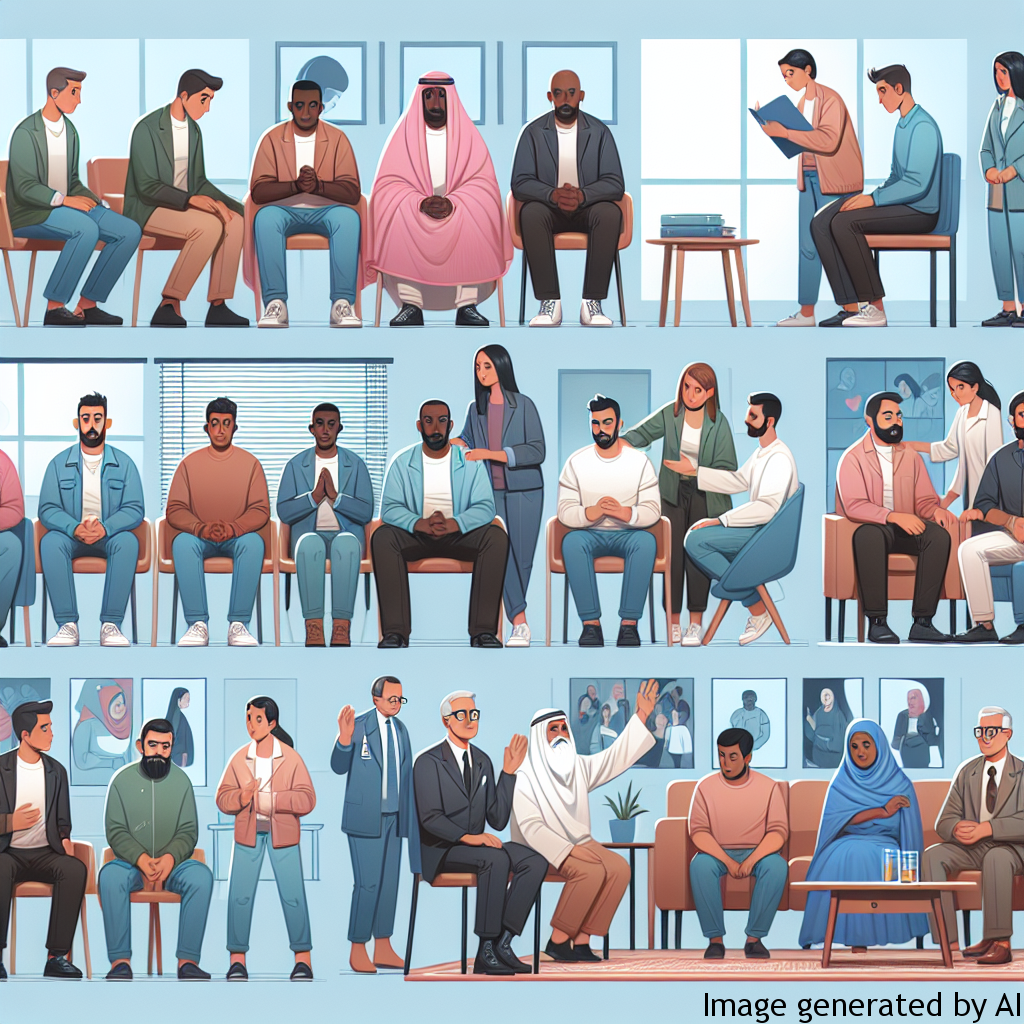Introduction
Sexual violence is a critical issue that affects individuals irrespective of their gender. Unfortunately, society seems to overlook male victims of sexual violence often due to the prevailing gender stereotypes. The stigma around this topic can potentially deter men from seeking help or reporting the incident. This article aims to shed light upon the complex effects of sexual violence on men, while also offering guidelines for developing support programs for affected men.
Gender Expectations and Its Impact on Men’s Psychological Health
The societal expectations and understandings of masculinity often create barriers for men seeking help post sexual violence incidences. The societal norm that paints men as perpetrators rather than victims of sexual violence can act as a significant hurdle in understanding and acknowledging this issue.
Masculinity and Silence
Men, in many societies, are taught to be strong, invulnerable and self-reliant-men do not get victimized, or if they do, they deal with it independently. Such embedded masculinity norms can make it very challenging for men to admit they have been sexually violated, let alone seek help.
Stigma and Self-blame
The societal inability to understand or accept that men can be victims of sexual violence can lead to significant self-blame, further deteriorating mental health post such traumatic experiences. Often men blame themselves for the incident, doubting their own masculinity, causing severe damage to their self-esteem and mental health.
Examples of How Gender Roles Can Affect Men’s Life
Gender norms and roles can shape a man’s life immensely, particularly affecting men who have faced sexual assault. For instance, men may feel an enormous pressure to appear unaffected by the trauma, prompting them to keep the incident concealed. This can lead to compounded stress as they grapple internally with the incident without any support or end up resorting to harmful coping mechanisms like substance abuse.
Furthermore, the society’s view of masculinity often attributes sexual desire as an intrinsic aspect of manhood, which can unduly burden male victims. They may feel humiliation at the thought of not being able to prevent the incident, indirectly questioning their manhood. Such adverse experiences can also result in fear of intimacy going forward or cause issues in their personal and sexual relationships.
Tips for Improving Psychological Health Considering Gender Roles
When dealing with male victims of sexual violence, it becomes essential to combat notions of toxic masculinity, which can act as a barrier to therapeutic interventions. Developing support programs need to recognize that men may be initially resistant to seeking help, ensuring to create a safe and non-judgmental space for them.
Psychoeducation about the impact of trauma, breaking stereotypes about masculinity, and educating about healthy coping mechanisms can be instrumental. Furthermore, facilitating survivor networks can provide peer support to individuals while normalizing their experiences easing feelings of isolation or self-blame. Therapeutic interventions should also focus on rebuilding self-esteem and promoting resilience amongst survivors.
Conclusion
The stereotypes and stigmas associated with male victims of sexual violence make an already difficult situation even harder for them. These preconceived notions, left unaddressed, have far-reaching implications for the mental health of survivors. Developing effective support programs that dispel myths about masculinity, encourage open dialogues, and promote holistic healing can make a substantial difference in men’s lives who have been through such traumatic events.

